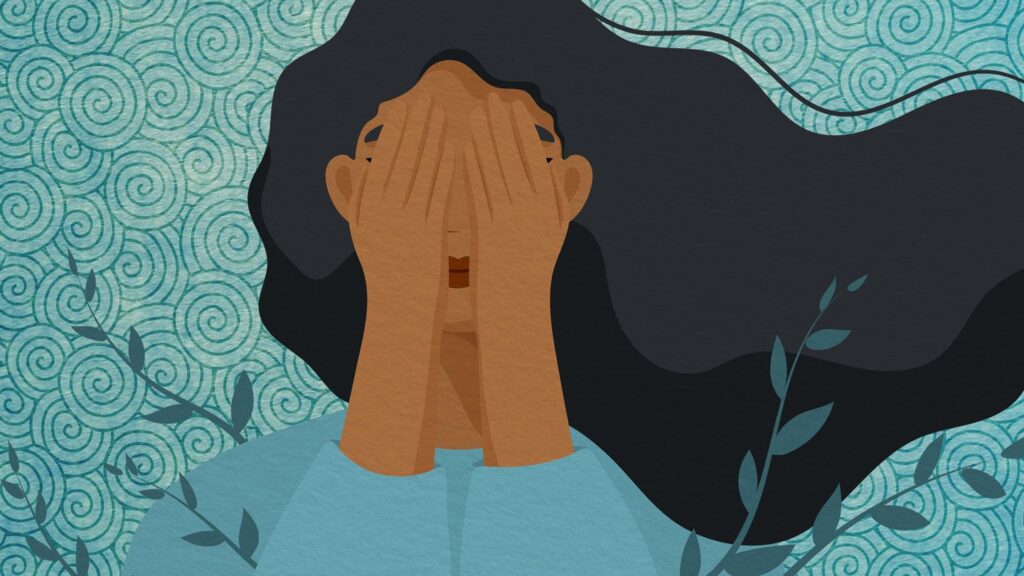Depression is a common yet complex mental health issue that can impact every aspect of a person’s life. Beating depression requires a multifaceted approach, addressing both the emotional and physical aspects of the condition. In this article, we’ll explore several strategies to help you overcome depression and regain control of your life.

- Seek professional help: If you suspect that you’re suffering from depression, consult with a mental health professional. A therapist, psychologist, or psychiatrist can help you understand your condition and recommend an appropriate treatment plan.
- Medication: In some cases, medication may be prescribed to help manage the symptoms of depression. Antidepressants can be an essential part of a comprehensive treatment plan, but it’s important to work closely with your healthcare provider to find the right medication and dosage for your needs.
- Establish a routine: Creating a daily routine can provide structure and help you regain a sense of control. Try to wake up and go to bed at the same time each day, establish regular mealtimes, and incorporate activities that promote mental and physical well-being.
- Exercise regularly: Physical activity has been shown to improve mood and reduce symptoms of depression. Aim for at least 30 minutes of moderate-intensity exercise most days of the week, incorporating activities you enjoy, such as walking, dancing, or yoga.
- Prioritize sleep: Depression can disrupt sleep patterns, making it crucial to establish healthy habits. Stick to a consistent sleep schedule, create a relaxing bedtime routine, and ensure your sleep environment is comfortable and conducive to rest.
- Stay connected: Social support is vital in overcoming depression. Reach out to friends and family members, join support groups, or consider volunteering to forge new connections and counter feelings of isolation.
- Practice self-care: Make time for activities that bring joy and relaxation. This can include hobbies, meditation, journaling, or spending time in nature. Prioritizing self-care can help reduce stress and increase emotional resilience.
- Set achievable goals: Depression can make even small tasks feel insurmountable. Break larger goals into smaller, manageable steps, and celebrate your progress along the way. This can boost self-esteem and motivation.
- Healthy diet: A balanced diet rich in fruits, vegetables, whole grains, lean proteins, and healthy fats can help support overall mental health. Avoid excessive caffeine, sugar, and alcohol, as these can exacerbate symptoms of depression.
- Cognitive-behavioral therapy (CBT): CBT is a form of psychotherapy that helps individuals identify and change negative thought patterns and behaviors. Working with a therapist trained in CBT can help you develop coping strategies to manage depressive symptoms.
Conclusion: Beating depression is a process that takes time, effort, and patience. By adopting a comprehensive approach that includes professional help, lifestyle changes, and self-care, you can take steps toward a happier, healthier life. Remember that you are not alone, and seeking support from loved ones and mental health professionals can make all the difference on your journey to recovery.
Want to purchase something that can help with your depression? Buy an Aromatherapy diffusers: Essential oil diffusers can create a soothing atmosphere and help promote relaxation. Pairing a diffuser with calming scents such as lavender, chamomile, or bergamot can help create a more peaceful environment. The URPOWER Essential Oil Diffuser is a popular choice. Click here to buy on Amazon with our link.
As an Amazon Associate we earn from qualifying purchases through some links in our articles.




